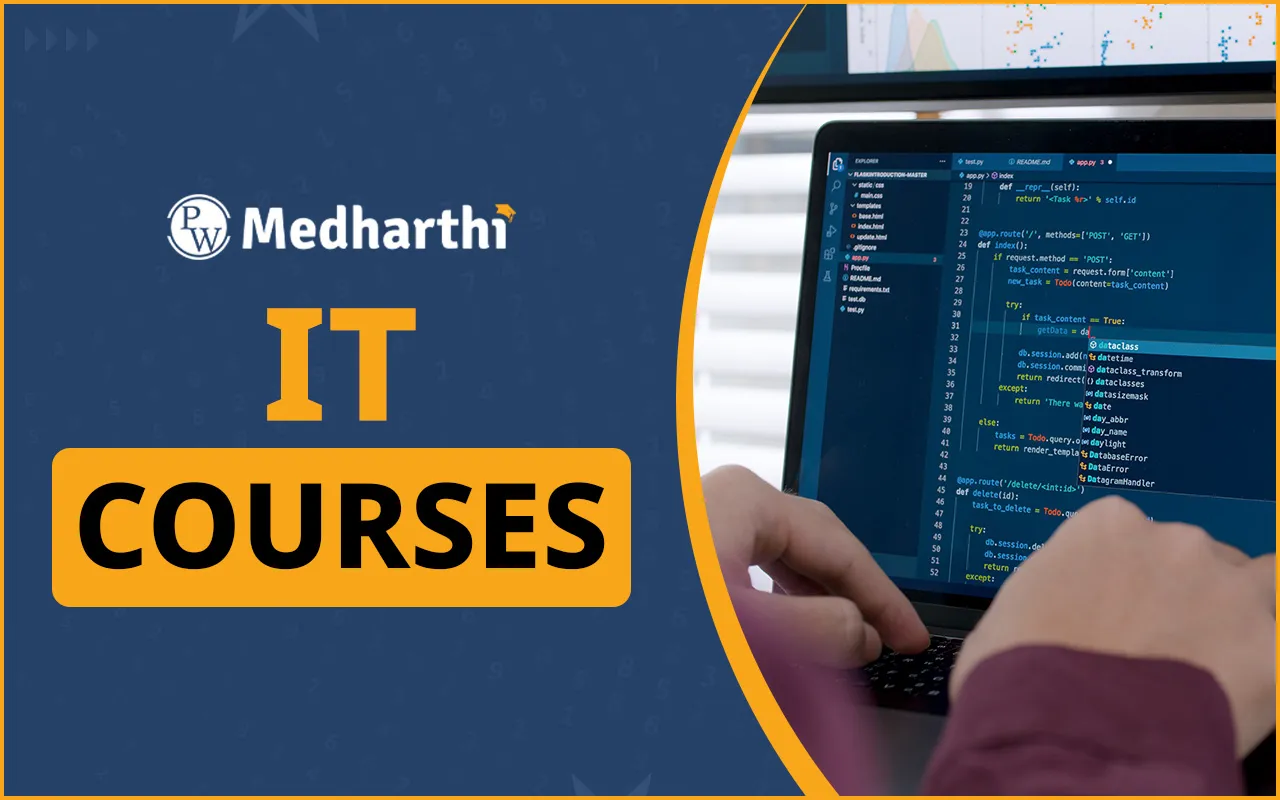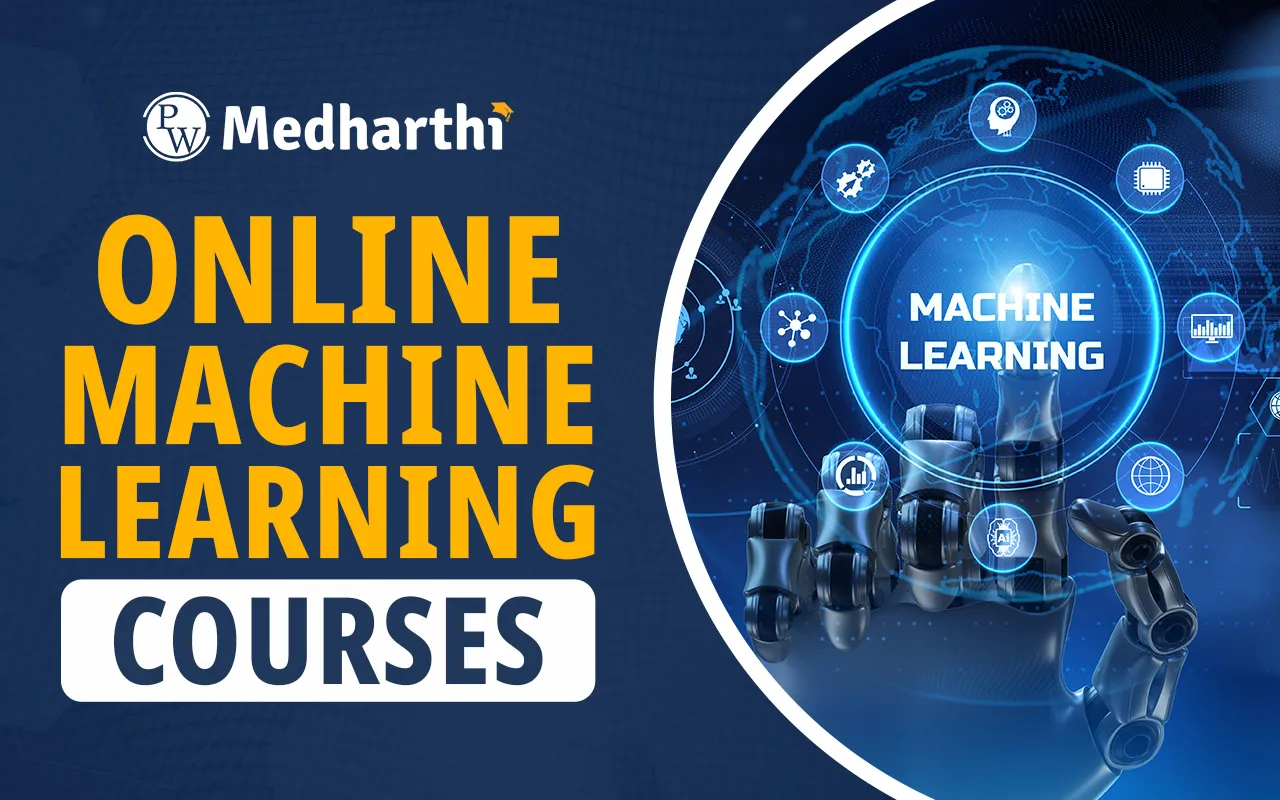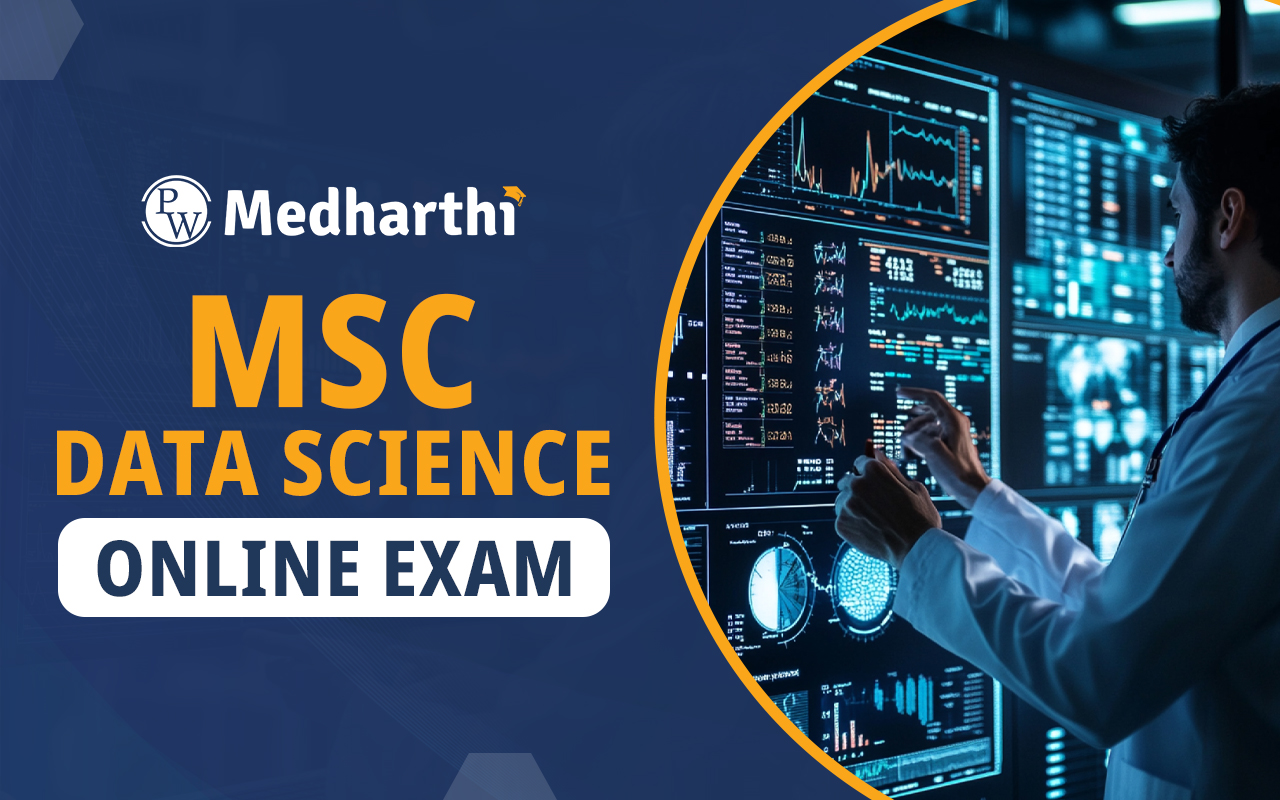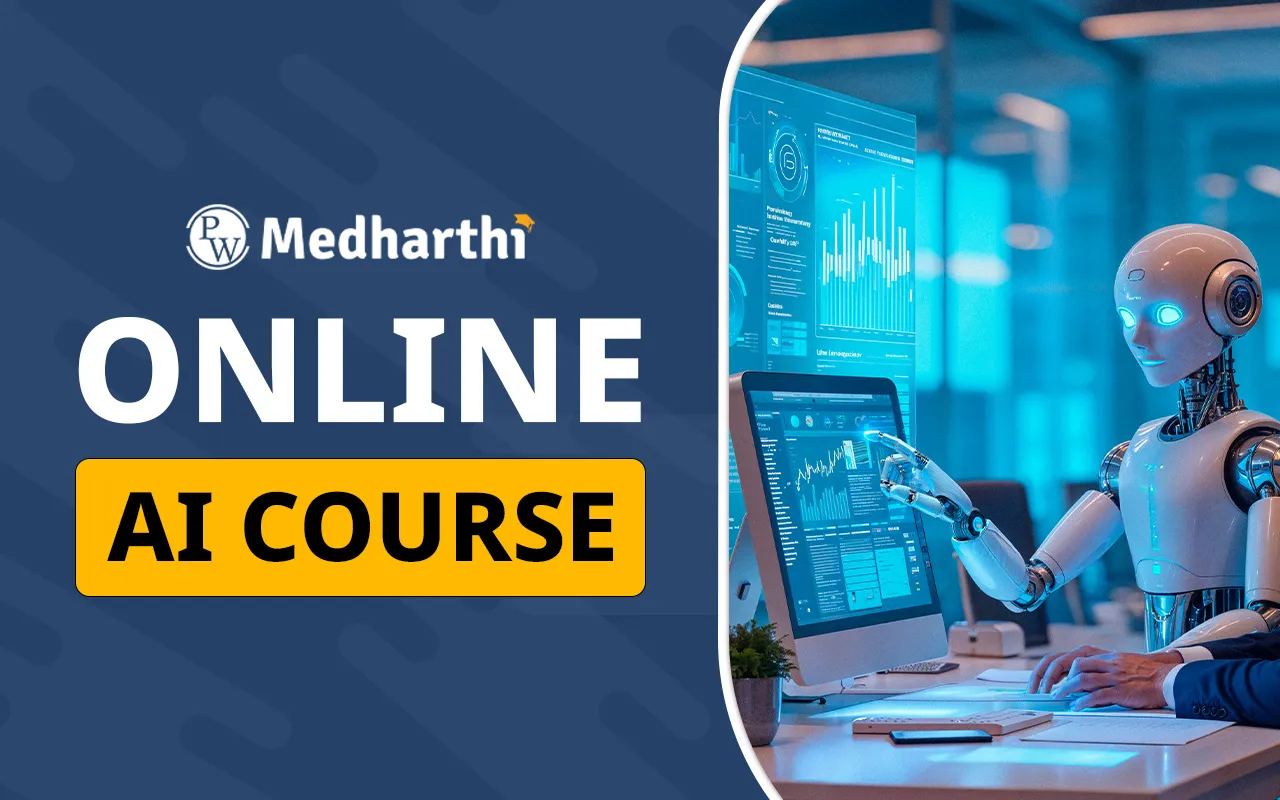
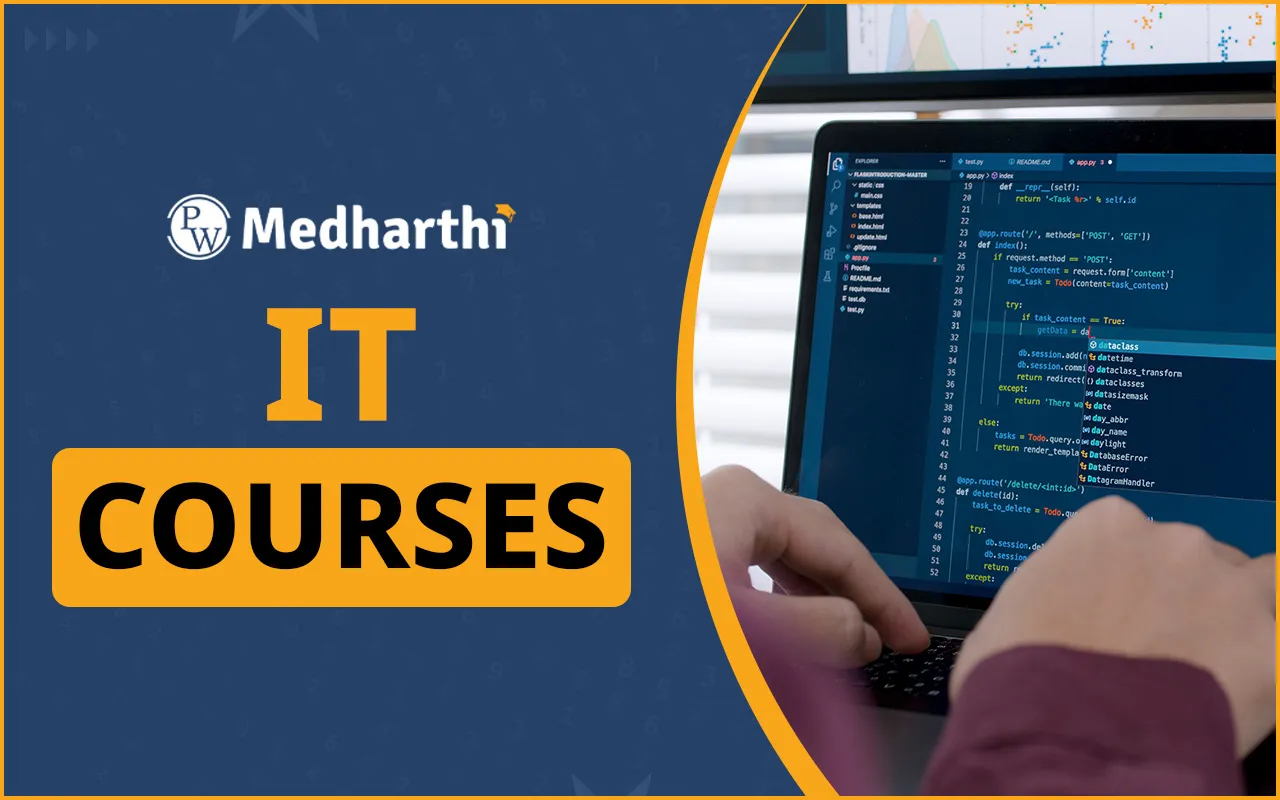
In an era defined by digital transformation, the role of Information Technology (IT) has grown to become central to nearly every industry. From business operations and healthcare systems to finance and education, technology underpins the efficient functioning of modern enterprises. Consequently, the demand for skilled IT professionals has surged, leading to the widespread availability and increasing popularity of Online IT Courses. This blog explores the landscape of Online IT Courses, highlighting their types, relevance, target audience, and the career opportunities they unlock.
What Are Online IT Courses?
Information Technology (IT) courses are structured learning programs that equip individuals with the theoretical knowledge and practical skills required to work with computer systems, networks, software, databases, cybersecurity frameworks, and other digital technologies. These courses vary in complexity and specialization, ranging from foundational programs for beginners to advanced certifications for experienced professionals. Online IT Courses are delivered by universities, colleges, technical institutes, online platforms, and private training providers. They can be part of formal education (such as degrees and diplomas) or offered as short-term professional development programs.
Importance of Online IT Courses
The importance of Online IT Courses in today’s knowledge-driven economy cannot be overstated. They serve several key purposes:
1. Bridging the Skills Gap: As technological advancements outpace traditional education, many organizations face a shortage of qualified IT professionals. Online IT Courses help bridge this gap by offering up-to-date training aligned with industry demands.
2. Enhancing Employability: Individuals equipped with relevant IT certifications and practical skills are more competitive in the job market. Employers often prefer candidates with demonstrated proficiency in specific tools or platforms.
3. Supporting Career Transitions: Provide opportunities for professionals from non-technical backgrounds to transition into technology roles, thereby expanding their career prospects and increasing job security.
4. Promoting Lifelong Learning: Given the fast-paced evolution of the IT sector, continuous learning is essential. Online IT Courses promote lifelong learning by enabling professionals to upgrade their skills and stay current with emerging trends.
Types of Online IT Courses
IT is a broad domain encompassing a variety of sub-disciplines. Accordingly, Online IT Courses are categorized into several types based on specialization and skill level:
1. Basic Online IT Courses: Designed for beginners, these courses cover fundamental concepts such as computer literacy, operating systems, internet usage, and basic software applications like Microsoft Office.
2. Programming and Software Development: These courses teach various programming languages (e.g., Python, Java, C++, JavaScript) and software engineering principles. They are essential for aspiring developers and software engineers.
3. Web Development: Web development courses focus on building and maintaining websites and web applications, covering topics such as HTML, CSS, JavaScript, front-end frameworks, and back-end development.
4. Networking and Systems Administration: These courses prepare students to manage IT infrastructure, including configuring networks, servers, routers, and troubleshooting hardware and software issues.
5. Cybersecurity: Cybersecurity courses cover essential topics such as threat detection, network security, ethical hacking, and data protection. These are increasingly critical in a world facing growing cyber threats.
6. Data Science and Analytics: These courses teach data analysis, machine learning, statistical modeling, and tools such as Python, R, SQL, and Excel. They are vital for roles in data science and business analytics.
7. Cloud Computing: Cloud computing courses explore cloud service models (IaaS, PaaS, SaaS), platforms like AWS, Microsoft Azure, and Google Cloud, and concepts such as virtualization and containerization.
8. Artificial Intelligence and Machine Learning: These advanced courses introduce AI algorithms, neural networks, natural language processing, and other machine learning techniques used in cutting-edge technology applications.
Universities to Pursue Online IT Courses
Listed below are universities offering online Online IT Courses designed to equip students with in-demand skills in programming, cybersecurity, data science, cloud computing, and AI. These institutions provide flexible, industry-relevant programs that cater to both freshers and professionals, enabling learners to advance their tech careers from the comfort of their homes.
| Universities to Pursue Online Online IT Courses | |||
| University Name | Popular Online IT Courses Offered | Eligibility Criteria | Fee Range (₹) |
| MUJ (Manipal University Jaipur) | BCA, MCA, BSc IT | UG: 45% in 10+2 or Diploma (40% for SC/ST)PG: 50% in graduation (45% SC/ST) | BCA: ₹1,35,000MCA: ₹1,58,000 |
| SMU (Sikkim Manipal University) | BA, BCom, MCA, MA | Just pass in 12th/Diploma or UG (no % barrier) | MCA: ₹98,000MA: ₹79,000 |
| CU (Chandigarh University) | BCA, MCA, MSc Data Science, MSc Maths | UG: Pass 12thPG: Pass graduation(No % barrier in most courses) | BCA: ₹1,70,664MCA: ₹1,40,000MSc DS: ₹1,46,668 |
| JAIN University | BCA, MCA | UG: Pass 12thPG: 50% in graduation (45% SC/ST) | BCA: ₹1,35,000MCA: ₹1,60,000 |
| DY Patil University | BBA, MBA | Pass 12th or Diploma for UG50% in graduation for PG | BBA: ₹1,45,400MBA: ₹1,89,400 |
| Amrita University (Online) | BCA, MCA (AI, Cybersecurity), MBA (AI, Finance, etc.) | UG: 45% in 10+2MCA: 50% in graduation with Maths in 10+2 | BCA: ₹1,50,000MCA AI: ₹1,95,000MBA AI: ₹2,40,000 |
| VGU (Vivekananda Global University) | BCA, MCA | No percentage criteria (just pass) | BCA: ₹1,14,000MCA: ₹1,30,000 |
| Shoolini University | BCA, MBA | UG: 40% in 10+2 (35% SC/ST/OBC/EWS)PG: 50% in UG (45% for reserved) | BCA: ₹83,000MBA: ₹1,18,000 |
| Shobhit University | MCA, MBA | 50% in PG (45% SC/ST)Maths required in MCA | MCA: ₹1,12,600 |
| NorthCap University | BBA, BCA, BCom | UG: 10+2 with min 40% marks, age ≥ 17 yrs | BBA: ₹72,000BCom: ₹48,000 |
Delivery Modes of Online IT Courses
The method of course delivery is an important consideration, especially given the diverse needs of learners. Online IT Courses are offered in various formats
1. In-Person/On-Campus Courses: Traditional classroom-based learning offers structured instruction with direct interaction between students and instructors, ideal for those who prefer face-to-face learning.
2. Online Courses: Online Online IT Courses offer flexibility and convenience, allowing learners to study at their own pace. These are particularly popular among working professionals and remote learners.
3. Hybrid/Blended Learning: A combination of in-person and online instruction, hybrid learning provides the benefits of both methods and accommodates diverse learning styles.
4. Self-Paced Learning: Self-paced courses, typically available through e-learning platforms, allow learners to progress through content on their own schedule without deadlines.
5. Bootcamps and Workshops: These are intensive, short-term training programs focused on skill acquisition through hands-on learning, ideal for fast-tracking career transitions.
Career Opportunities After Completing Online IT Courses
Completion of Online IT Courses opens doors to a broad spectrum of career opportunities. Some prominent roles include:
|
Career Opportunities After Completing Online IT Courses |
|
|
Software Developer |
Web Developer |
|
Network Administrator |
Cybersecurity Analyst |
|
Cloud Architect |
Data Scientist |
|
IT Support Specialist |
DevOps Engineer |
|
AI/Machine Learning Engineer |
IT Project Manager |
| Online Degree Important Links | |
| Online MCA Programs in India | Online BCom Course |
| Online MCA Course | Online Degree Programs |
| Regular Degree Vs Distance Degree | BA Online Registration |
IT Courses FAQs
What are IT courses?
Who should take IT courses?
Do I need a technical background to start an IT course?
Are online IT courses as effective as in-person classes?
What are the most in-demand IT specializations?

